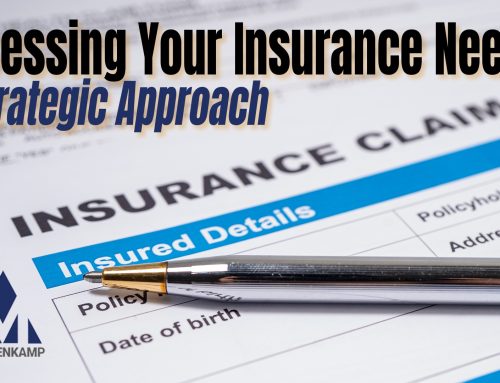
Thoughts On: Stewardship
Money is a private thing, it’s nobody else’s business, and it has sundered a number of families. That’s all true. But lack of planning about money has bankrupted and ruptured a lot of families as well. So, it is a topic worth discussing but needs to be thought through first.
I start by discussing hopes and dreams and plans for achieving them. I don’t like the phrases “estate planning” or “financial planning” or “retirement planning,” because it is too easy to put off conversations and decisions to “tomorrow,” only tomorrow never comes. Make and execute plans today and discuss them TODAY while there is time to adapt and react to changing circumstances.
All plans should answer two vital questions:
- What’s my money for?
- How much is enough?
I suggest most people prioritize what their money is for using the following categories and in roughly this order of importance:
- Disasters
- Retirement
- Heirs
- Charity
They are all part of the financial continuum. They need to be addressed in order of priority; they also need to be considered as a whole to make sure satisfying one agenda item doesn’t unnecessarily jeopardize another.
Also consider that while most people want to accomplish those four objectives they want to avoid, minimize, or defer:
- Taxes
- Fees
- Commissions
So, the overall process consists of balancing what you are trying to accomplish against what you have to pay to do it. In other words, “I’m willing to spend a nickel to save a dollar, but not willing to spend a dollar to save a nickel.”
I think of this process as Stewardship. Some of my guiding principles of stewardship are:
- Planning is a continuum where the focus shifts from your needs to the needs of people you leave behind. It doesn’t add a year to your life or a nickel to your pocket, but it does make life a lot simpler for those you leave behind.
- Insurance is useful to protect against financial disasters. Insurance policies should provide solutions to SPECIFIC problems.
- Trusts are to give money to people you don’t trust to have it. There may be very good reasons why you don’t trust them with money but be explicit about it.
- Anything you want to do with your money after you are gone, you should start doing while you are living.
- No plan is foolproof if the people involved don’t understand what you are doing and WHY. Organize, document, and communicate with your spouse, executor, heirs, etc.
As your family gathers for the holidays, consider a family meeting to talk about money. And let us know how we can help.
The opinions expressed are those of Muhlenkamp and Company and are not intended to forecast future events, guarantee future results, or offer investment advice.






